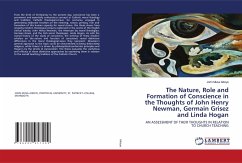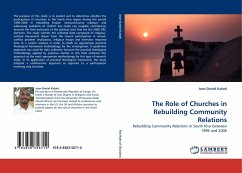The type of leader needed to guide the Christian church in serving the world has changed dramatically over the past century. As a result, seminaries face the task of adapting long-held models for religious leadership training of students. Many have argued that seminary training is too tied to systematic and rationalistic perspectives, both of which are products of the Enlightenment. Dependency on these perspectives often leaves very little room for the spiritual development of future Christian leaders. One of the approaches to curricular reform taken by seminaries is that of integrating Spiritual Formation activities into the traditional M.Div. degree. The author presents a three-fold model of academia, praxis, and spiritual growth as attainable areas of reform for seminary curricula. This new model seeks to move beyond the debate surrounding the academic verses practical aspects of a seminary education to suggest a more effective way of educating and training future pastors and Christian leaders.
Bitte wählen Sie Ihr Anliegen aus.
Rechnungen
Retourenschein anfordern
Bestellstatus
Storno








